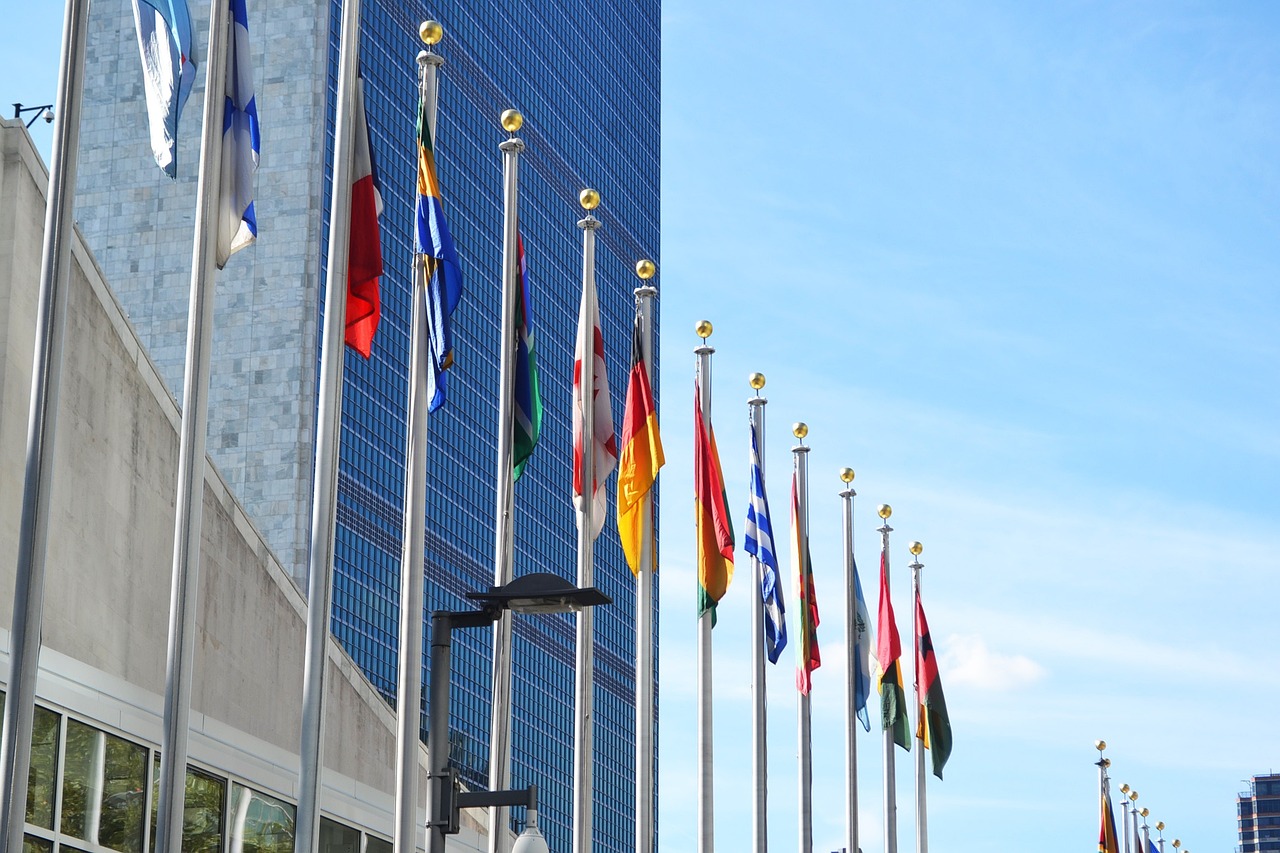The United Nations has officially declared 2025 as the International Year of Quantum Science and Technology (IYQ), highlighting the transformative impact of quantum innovations on global progress. This year-long initiative aims to showcase quantum science’s pivotal role in technological breakthroughs and foster inclusive access to quantum education worldwide.
“Through this proclamation, we will bring quantum STEM education and research to young people in Africa and developing countries around the world with the hope of inspiring the next generation of scientists,” said Riche-Mike Wellington, Chief Programme Specialist at the Ghana Commission for UNESCO and the Ghanaian representative for IYQ.
Celebrating a Century of Quantum Innovation
The IYQ aligns with the centennial of modern quantum mechanics, the scientific foundation underpinning revolutionary technologies like transistors, lasers, and LEDs. These innovations have given rise to the internet, solar energy, global navigation systems, and even MRI technology, shaping everyday life and modern industries.
Looking ahead, quantum applications are poised to tackle pressing global challenges such as renewable energy development, medical advancements, and cybersecurity solutions. “This second quantum revolution is leading to breakthroughs in using quantum effects like superposition and entanglement for new applications,” noted John Doyle, Henry B. Silsbee Professor of Physics at Harvard University and president-elect of the American Physical Society. “When these phenomena can be applied broadly to control and engineer matter at the level of single quanta, and even single atoms, they will spark transformations in a multitude of technologies.”
A Collaborative Global Effort

The U.N.’s declaration is the result of years of collaboration by an international coalition of scientific organizations. Mexico initiated the proposal through UNESCO’s 42nd General Conference in 2023, followed by Ghana’s submission of a draft resolution to the U.N. General Assembly in May 2024. The resolution, co-sponsored by over 70 countries, received unanimous approval.
UNESCO will lead the campaign in partnership with the American Physical Society, which will coordinate efforts through a consortium of global scientific societies. Founding partners include the German Physical Society, the Chinese Optical Society, SPIE, and Optica. “The American Physical Society welcomes the opportunity to collaborate with scientific organizations from around the world to spread awareness about quantum science and technology,” said Jonathan Bagger, CEO of the American Physical Society.
Advancing Science Education Worldwide

The IYQ aims to enhance quantum science education and research, particularly in low- and middle-income countries. The proclamation encourages governments, universities, and organizations to strengthen their quantum education frameworks, ensuring equitable opportunities for students and researchers worldwide.
Throughout 2025, the consortium will host global events, outreach initiatives, and educational programs to expand quantum science’s reach and inspire the next generation of scientists.
“With worldwide events and programming, we hope to build a vibrant and inclusive global quantum science community,” Bagger added.
A Quantum Leap for Humanity
This international initiative signals a critical moment in harnessing quantum science to address humanity’s most urgent needs. As quantum innovations continue to evolve, the International Year of Quantum Science and Technology stands as a testament to the power of global cooperation in driving technological progress and fostering a more sustainable future.
Closing Statement
The International Year of Quantum Science and Technology is set to revolutionize science education, spark global innovation, and inspire a diverse new generation of quantum pioneers. Stay tuned for updates as 2025 approaches!



